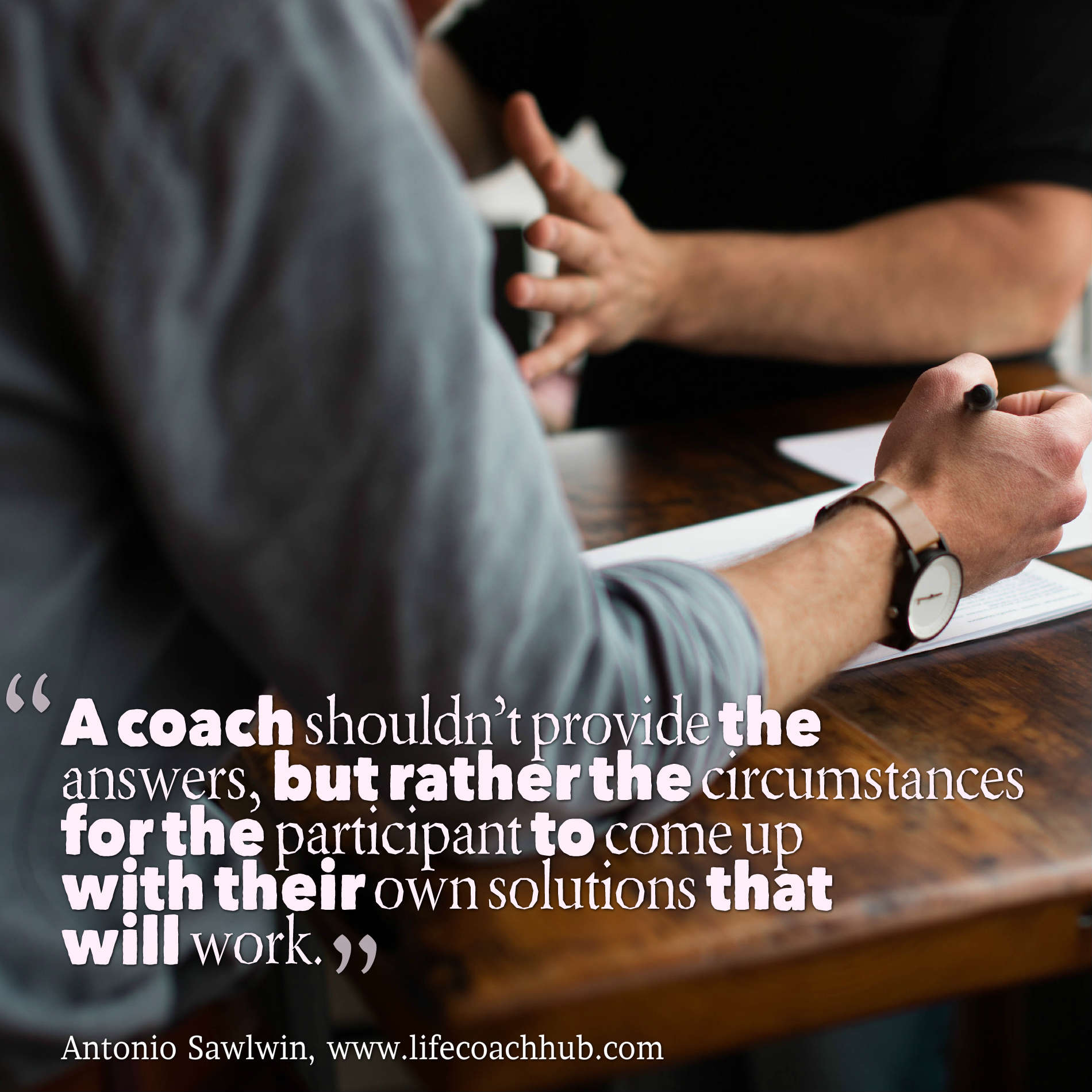
History of Coaching Models
The earliest coaching models date back the 1950s and through the 1980s, they were still static models. It wasn’t until the 1990s when sports coaching models began to grow in popularity.
A coaching model needs to be flexible and adaptable so that it can be tailored to the specific needs of the client. Today’s coaching model should:
- Presents a complete, detailed description of the process that’s involved
- It should build towards an outcome that’s predicted
- It should establish the nature of the components
- It uses valid methodology to produce change that is sustainable and measurable
The traditional coaching models were mostly created, developed and delivered built on the foundations of change MANAGEMENT that were outdated
These early Business Coaching models were created around actionable tasks like action planning, goal setting and benchmarking, however subjectively it is often thought that these simplistic.task only models alone often fall very short of creating lasting behavior competencies that are measurable.
It's a bit like a New Years Resolution - most of us will set out with best intentions but come March the majority of resolutions will be nothing more than a distant memory.
Using a ‘one size fits all’ approach is considered simplistic and ineffective mainly because it fails to encompass the person’s behavioral patterns or their needs, wants and obstacles that will ultimately control or influence potentential outcomes..
An old perception of business coaching
All too often many coaches found that very shortly after those who participated in Business Coaching Programmes simply reverted back to their old behaviors and habits.
You can see that it would be easy to come to the conclusion that these antedated coaching methods are nothing more than a pretty expensive venture for a quick buzz that fades fast.
Do you remember the last Seminar or Guru speach you attended? These type of events provide a perfect example of how quickly motivation and a commitment to change can be replaced with prior behaviour.
Modern coaching challenges
The challenge for coaches and or mentors is to be able to provide tangible improvements that are closely aligned to the organisations values and principles whilst being able to deliver a message that resonates deeply with those being coached and therefore promotes an eargerness to change.
For most people it will come down to WIIFME or "what's in it for me" that will determine the level of commitment to a common goal.
To summarise, the ideal outcome of a Coaching programme is to improve the organization's effectiveness through behavioral change.
Ideally this type of outcome will involve a learning based model that offers tangible and unique benefits for individual participants whilst strengthening the individuals skill set.
Ultimately the programme should aim to sustain new behaviors and thought patterns for the long term through understanding, inclusion and relevance..
DISCOVER 4 BENEFITS A BUSINESS OWNER CAN EXPECT AFTER PARTICIPATING IN A BUSINESS COACHING PROGRAMME - CLICK HERE
Modern professional coaches will most likely develop a programme that is customisable to suit each situation and will include a combined learning approach that can be formulated with behavioral science principals that have been well researched and documented to achieve results.
Today’s coaching models will take into account a lot of factors like the following:
- Personal beliefs
- Development Capabilities
- Individual and Team Behaviours
- Core Business Values,
- Levels of Motivation,
- Social Demographics
- Group and Individual Learning Capabilities
- Emotional maturity and Durability
- Organizational Resources
- Current Goals & Objectives and Dynamics
Behavioral Science based coaching models may include the following actions to facilitate the beginning of change though learning, understanding and challenging;
- Targeting and then focusing on an explicit behavior
- Analyzing a behavior in relation to its precursor and the consequences
- Applying a reliable and valid method of data collection, data analysis and assessment
- Building of a developmental plan
- Employing behavioral change techniques that are validated
- Measuring, managing and maintaining behavioral change
Ultimately for a Business Coach to succeed there has to be evidence that their Coaching models are effective long term and the people involved feel part of the decision making and proccesses.
A coach or mentor shouldn’t provide the answers, but rather the circumstances for the participant(s) to come up with their own solutions that will work.
The coach is a bit like a sounding board opening up a dialogue that will help the participants to grow and prosper and that can help a business to grow and prosper as well.




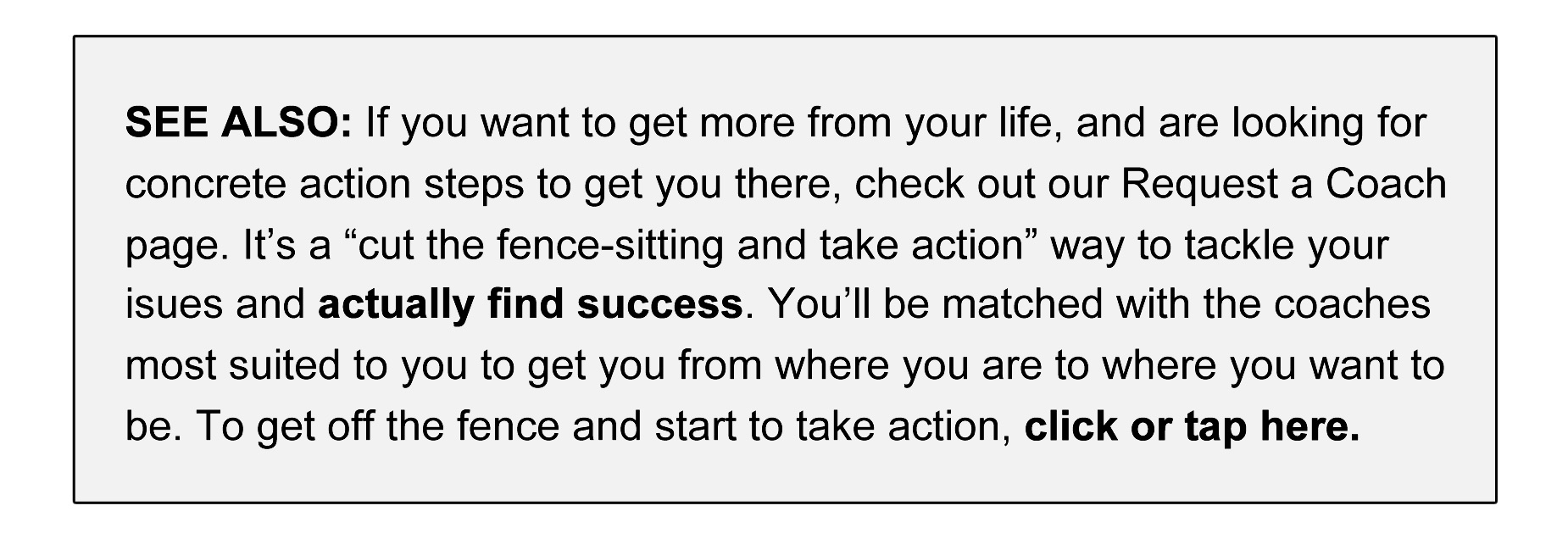












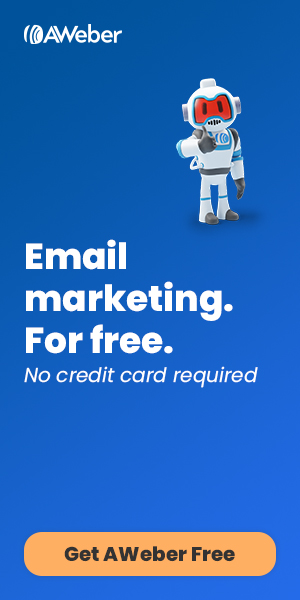

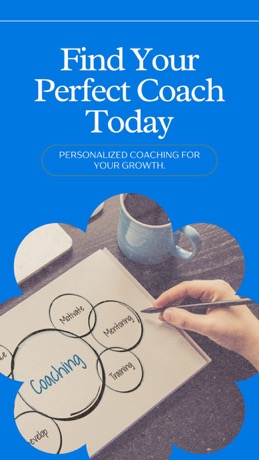





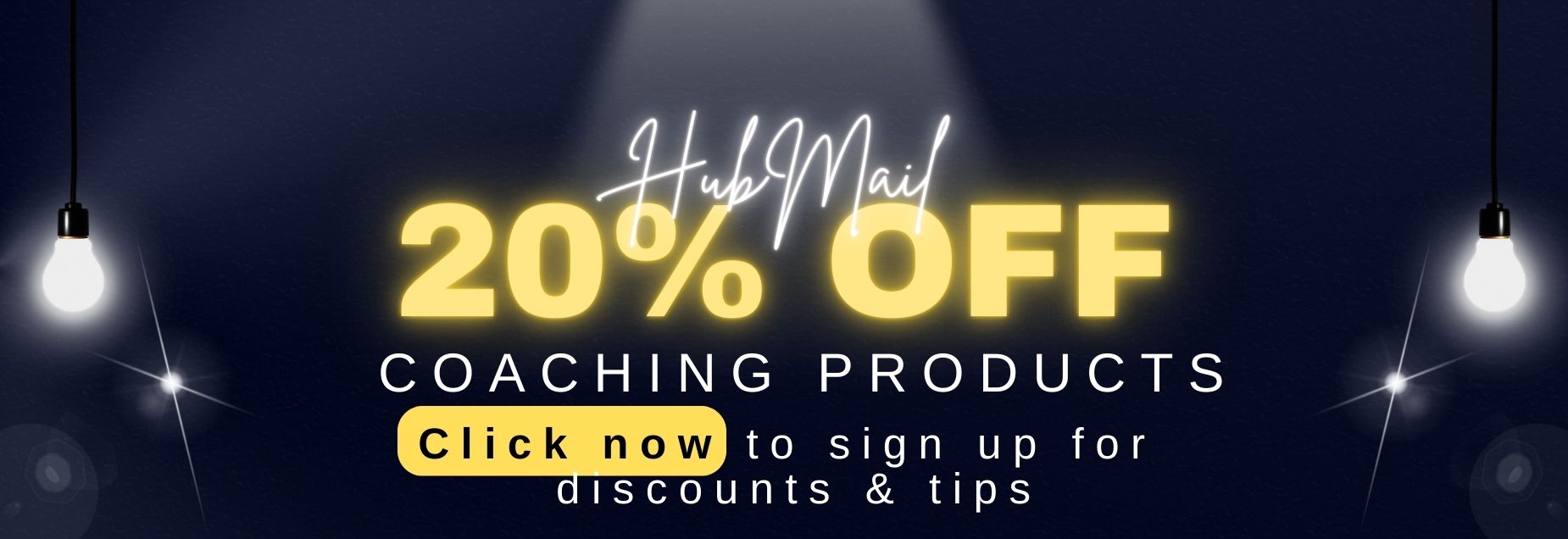
COMMENTS